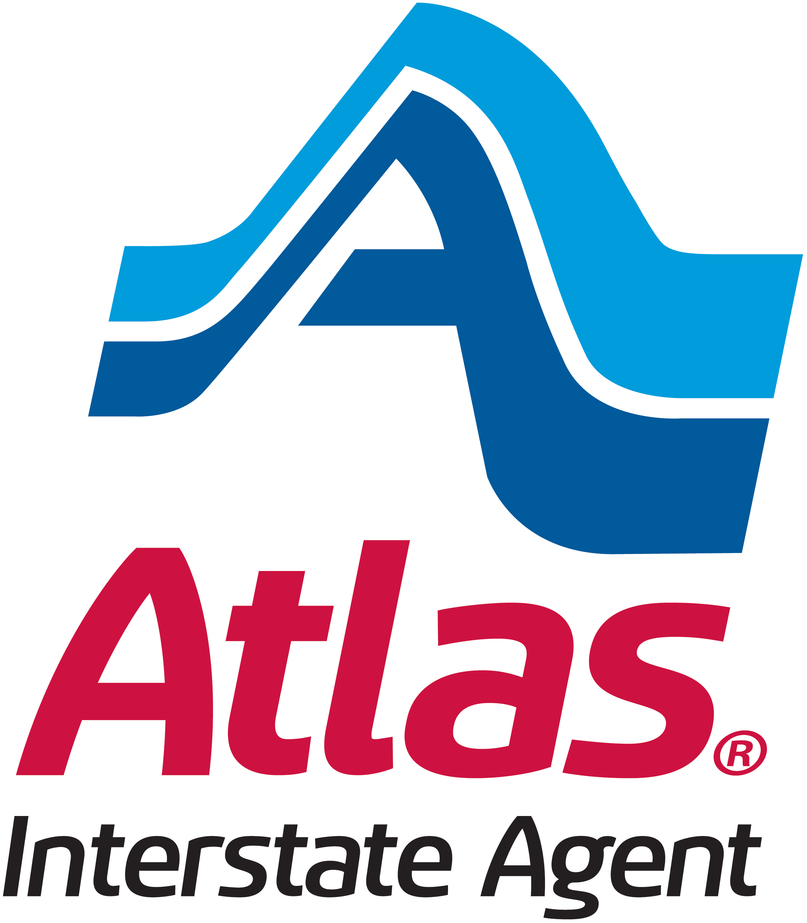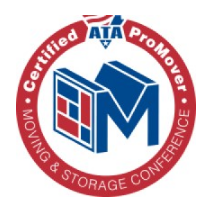The Ultimate Moving Checklist for Your Local Move

The Benefits of a Local Move
Planning a local move means that you’re planning a move nearby, usually within 100 miles. This type of move is also one that does not cross state lines. There are many benefits to this type of. move. For example, local moves are cheaper than a long-distance move. Also, there is less paperwork to manage since you won’t be crossing state borders. And, it’s usually pretty quick. Like any move, though, you need to start planning ASAP.

Make a Timeline and Stick to It
That being said, a local move is still a big deal. First, you have to pack up the contents of an entire address and move it to a new location. And, you need to research local moving companies to find the right one to conduct your move. Finally, you must know what you need to do to prepare.
Local Moving Tips
Start your preparations by creating a timeline for your move. Make sure to include every detail. Begin with your target moving date. Then, work your way backwards six weeks. Set target goals from that date up until your moving day. Thinking ahead will reduce your stress as moving day approaches.
Six Weeks Before Moving Day
1.Commit to hiring movers. It might seem tempting to move yourself if you have a local move, but we don’t recommend it. Moving isn’t just about transporting boxes from Point A to Point B. You’ll have to move and re-assemble furniture, rent a truck, and maybe even carry boxes up and down flights of stairs. This kind of work is best left to professionals.
2.Research and book a moving company. You want to find the mover that’s right for you. Don’t just Google “average moving costs local” and hope you’ll end up with the right moving partner. Instead, dedicate time to reading online reviews. Then, choose three companies to call and interview. Secure quotes from each company and compare notes.
Four Weeks Before Moving Day
1.Purge, purge, purge. Get rid of everything that you don’t want, need, or like. It doesn’t make sense to pay movers to transport cargo only to throw it away when you reach your new location.
If you’re interested in making a little extra money, try selling items online. Facebook groups are great for this. You’ll get a better price (with less haggling) online than if you try to sell the same items at a rummage sale.
2. Gather moving supplies. You’re going to need boxes, bubble wrap, newspaper, tape, and markers. And, you’ll need a lot of boxes. Before you run out and buy all of these things brand new, check your neighborhood Facebook group again. Often, you can find them for free or at a significantly discounted price.
Another tip for sourcing boxes: try local grocery and liquor stores in your neighborhood. Liquor stores often use the re-enforced boxes you’ll need for moving bottles and glasses.
3. Start packing. Packing always takes longer than you think. Begin by packing up storage areas: your garage, basement, and attic.
Then, pack up items that are out of season, like holiday decorations and winter clothing if you’re planning a summer move.
Four Weeks Before Moving Day
1. Arrange to transfer records. If you’ll be gaining new doctors, dentists, or veterinarians, do some preparation. Arrange for all personal records to be transferred before you move.
Don’t wait until you arrive to do it. You don’t want to experience difficulty arranging appointments because you don’t have the information you need.
2. Inventory your valuables. As you’re packing, make a spreadsheet of all important valuables. This list could include things like documents, jewelry, and antiques.
An inventory will itemize all of your precious items so you make sure nothing is lost during the move. Also, an inventory can help you see if you’ll need to arrange for any special packing or crating. Finally, an inventory may help you realize that you need additional insurance on particular pieces.
3. Pack infrequently used items. Put away toys, most clothing, books, and non-essential cookware. Be sure to label all boxes. On your label, include where you want your box to be delivered in your new location.
4. Arrange for moving day pet care and/or child care. Moving day is busy and means a lot of open doors. You don’t want your child or your pet escaping unnoticed when the movers are busy.
Make a plan for your children or pet to stay with a trusted adult during this process. Jot down a brief list of what to send with your child or pet during this time. Think of packing them their own “travel box” with any medications, special treats, or comfort items they might need.
5. Schedule services. Call utility companies and schedule turn off at your old location and turn on at your new location. Plan for electric, heat, water, and internet.
If you shop online, consider scheduling deliveries for paper products or groceries on arrival day.One Week Before Moving Day
If you’ve followed this timeline, by the time moving day comes you’ve already gotten a lot done. To finish up:
- Pack (almost) everything
- Box up all of your items. Keep out only the clothing and personal care items that you’ll need before the move
- Pack a separate suitcase with toiletries, pajamas, and a clean outfit for moving day.
- Make a plan for “won’t move” items. Know what your mover won’t move. Common items include chemicals, loaded weapons, fireworks, and perishable food items. Make a plan to move these items yourself or to dispose of them properly.
- Join an online community group. If you’re moving to a new location, join an online group in your new neighborhood. Introduce yourself and ask for recommendations for any services that you may need. This is a great way to meet new neighbors and to help ease the transition of a move.
How Much do Movers Cost for a Local Move?
Determining local moving costs can be tricky. There is no one size fits all formula. It depends on how many movers you’ll need. Local moving companies usually charge by the hour. Prices start at $25 per mover per hour.
Don’t forget that you’ll also be paying for truck rental, gas, and any tolls, too.
Looking for more moving tips and checklists?
Contact us at Nelson Westerberg. We’ve got you covered as one of the best local movers around. We’ve been in the moving business for over 100 years. We’ve conducted local moves as well as national moves. We know movers’ average cost, and we’re up-to-date on all the latest moving trends.
We even made a complete list of everything you need to do and know before you move. We’re ready to answer any questions that you might have. Plus, we’ll provide you with a free, contactless quote.
Related Articles
Where to Move from Texas: Top 10 States for Ex-Texans in 2025

Where to Move from Texas: Top 10 States for Ex-Texans in 2025 Record numbers of Texans are exploring life beyond state lines, driven by soaring housing costs, evolving career landscapes, and the search for new lifestyle opportunities. The decision to leave Texas stirs intense emotions – after all, the Lone Star State‘s unique culture and […]
Read MoreHow to Move a House from One Location to Another: Planning to Completion

Relocating an entire house might seem like something out of a movie, but this remarkable feat of engineering happens more often than you’d think. From preserving historic mansions to saving beloved family homes from coastal erosion, house moving represents the intersection of cutting-edge engineering and practical problem-solving. With project costs typically ranging from $18,000 to […]
Read More




